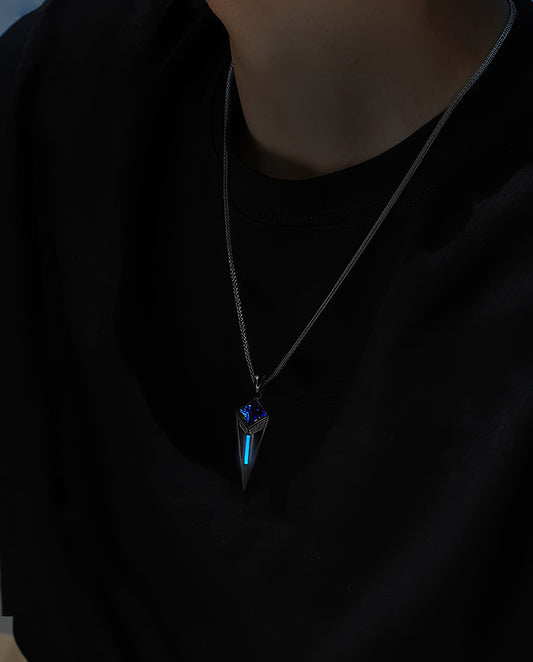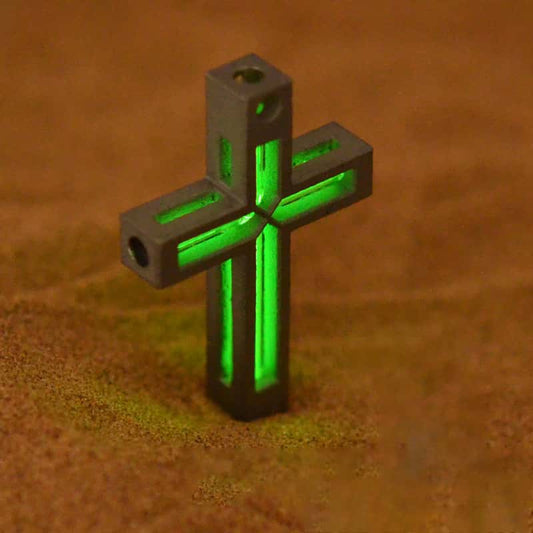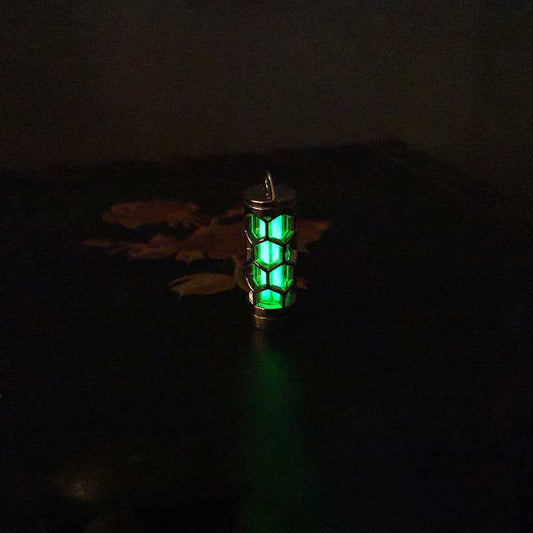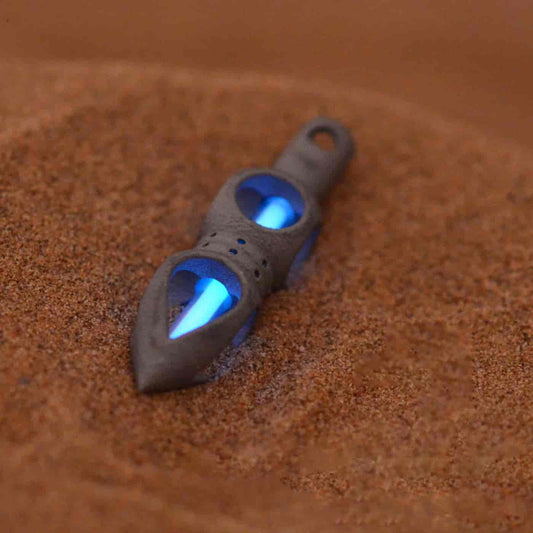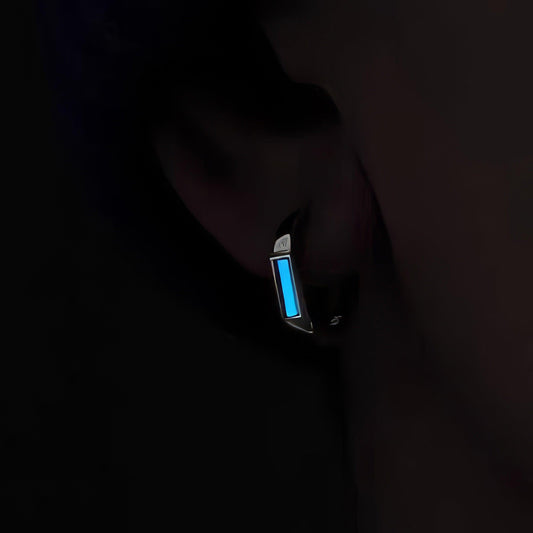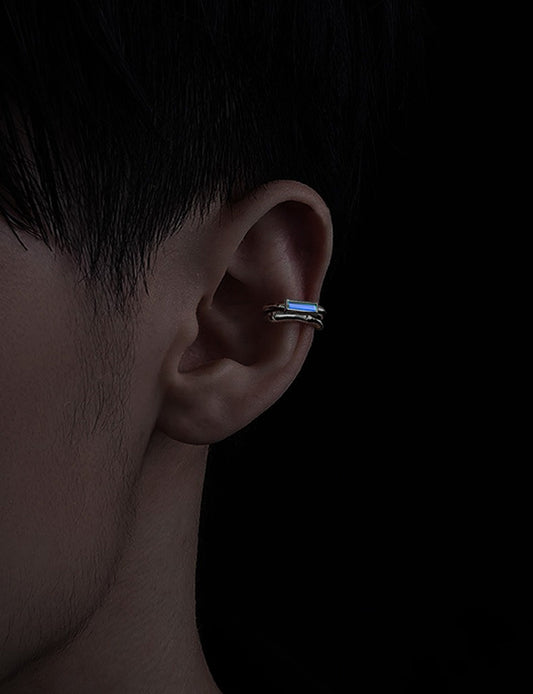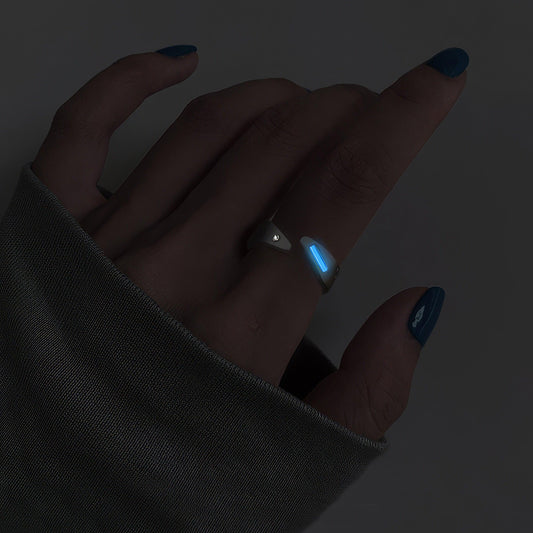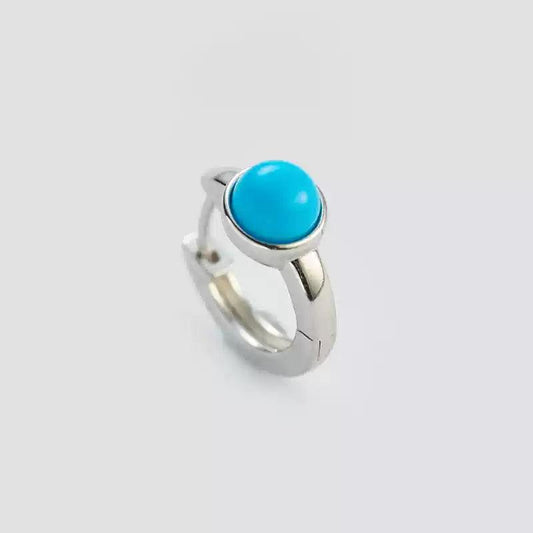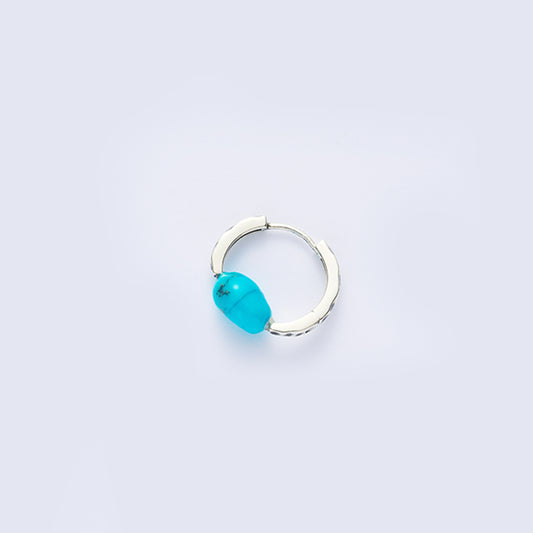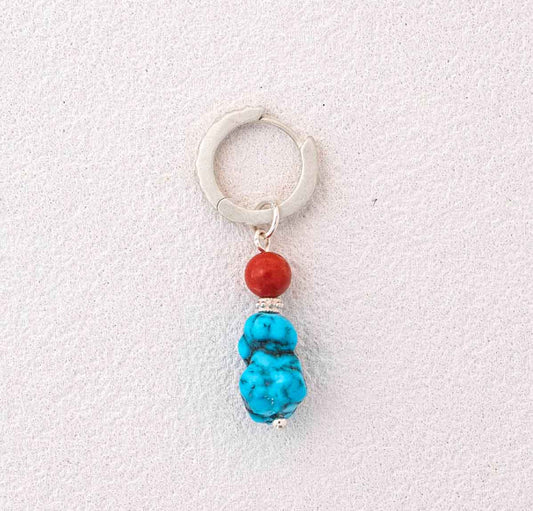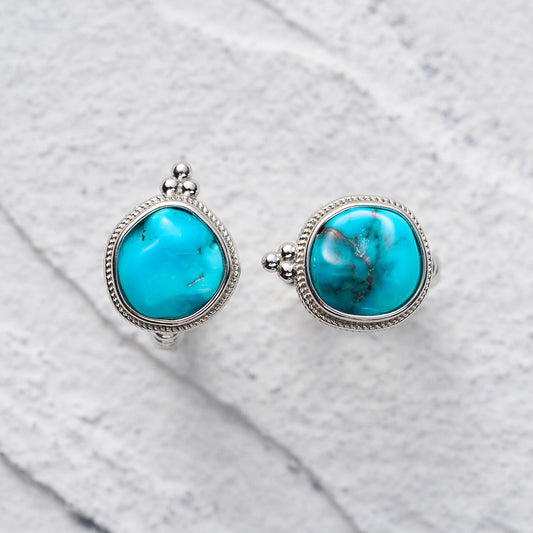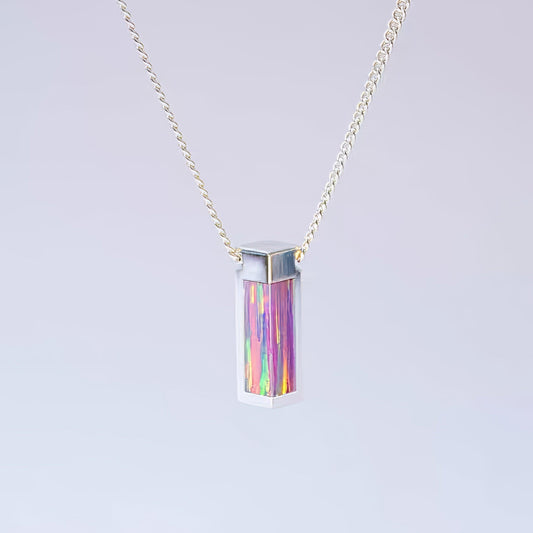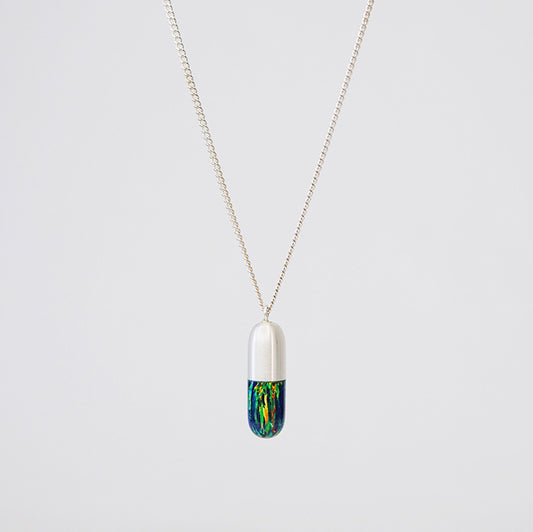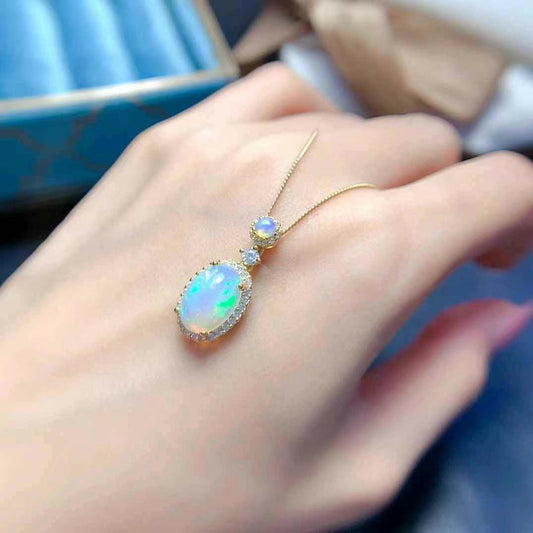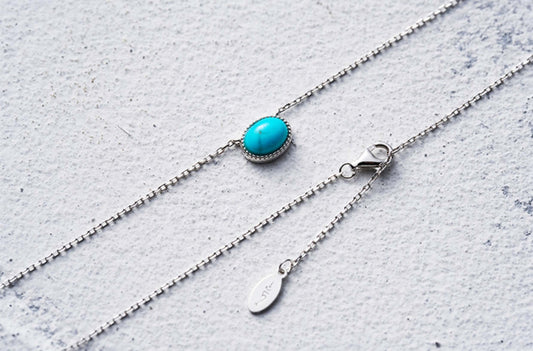Understanding the Dynamics of Engagement and Wedding Rings
Understanding the Dynamics of Engagement and Wedding Rings
When my best friend proposed to his partner last summer, he labored over the choice of an engagement ring. For him, it was about more than just the shine of the diamond or the metal of the band; it was a symbol of love, commitment, and personal expression. This personal touch in choosing engagement and wedding rings is what makes them such intriguing objects—each with its own story and significance, especially in Western culture.
Engagement rings have traditionally been seen as a token of promise and dedication. The diamond, a common feature, embodies eternity and strength, qualities that many hope to see in a lasting relationship. Interestingly, the tradition of giving a ring to signify engagement dates back several centuries. In fact, the first recorded diamond engagement ring was given by Archduke Maximilian of Austria to Mary of Burgundy in 1477, setting a trend among European aristocracy. It's fascinating how a gesture from centuries ago continues to resonate in modern times.
Wedding rings, on the other hand, are exchanged during the marriage ceremony. These rings often carry a more subtle design compared to engagement rings but are no less significant. Their circular shape symbolizes infinity, suggesting an unending love. I remember attending a wedding where the couple had their wedding bands engraved with secret messages, a nod to the shared mysteries of their relationship. It was a small detail, but it added a layer of personal meaning that made their vows feel even more intimate.
When considering the materials for these rings, many opt for classic choices like gold or platinum. These metals not only offer durability but an elegant simplicity that can transcend fleeting fashion trends. However, there's been a noticeable shift lately towards sustainable and ethical choices. People are increasingly interested in lab-grown diamonds or recycled metals, aligning their personal values with their commitment. This modern twist shows a blend of tradition with contemporary sensibility—a way to honor the past while embracing the future.
Trends in engagement and wedding rings also reflect broader cultural shifts. Minimalist designs are currently in vogue, focusing on clean lines and understated elegance—perhaps a reflection of our desire for simplicity in an increasingly complex world. And yet, there are no hard and fast rules. Some prefer vintage styles, others want something unique, customized to the quirks of their relationship, proving that no two love stories are exactly alike.
What's truly remarkable about engagement and wedding rings is their ability to encapsulate a couple's journey. Whether it’s a nod to heritage, morals, or individual style, these rings are deeply personal. Despite their small size, they carry a weight of meaning that is monumental, a testament to the enduring nature of love and human connection.
It's interesting to think how such small pieces of jewelry can hold so much significance, serving both as a public declaration and a private promise. In the end, it's not just about the aesthetics but the stories they tell, and the memories they hold. And that, in itself, is a beautiful thing to witness.
